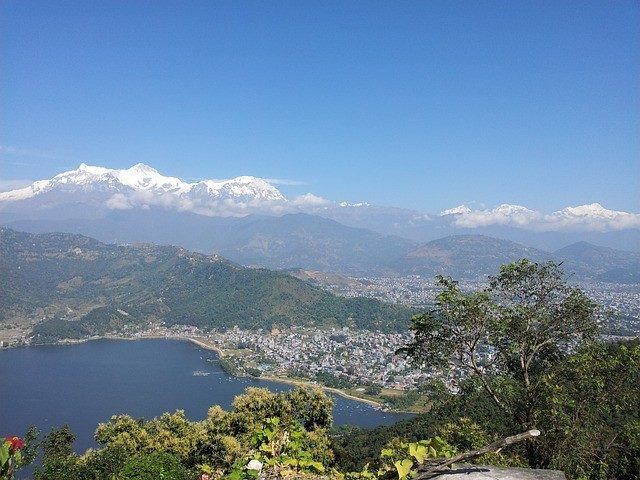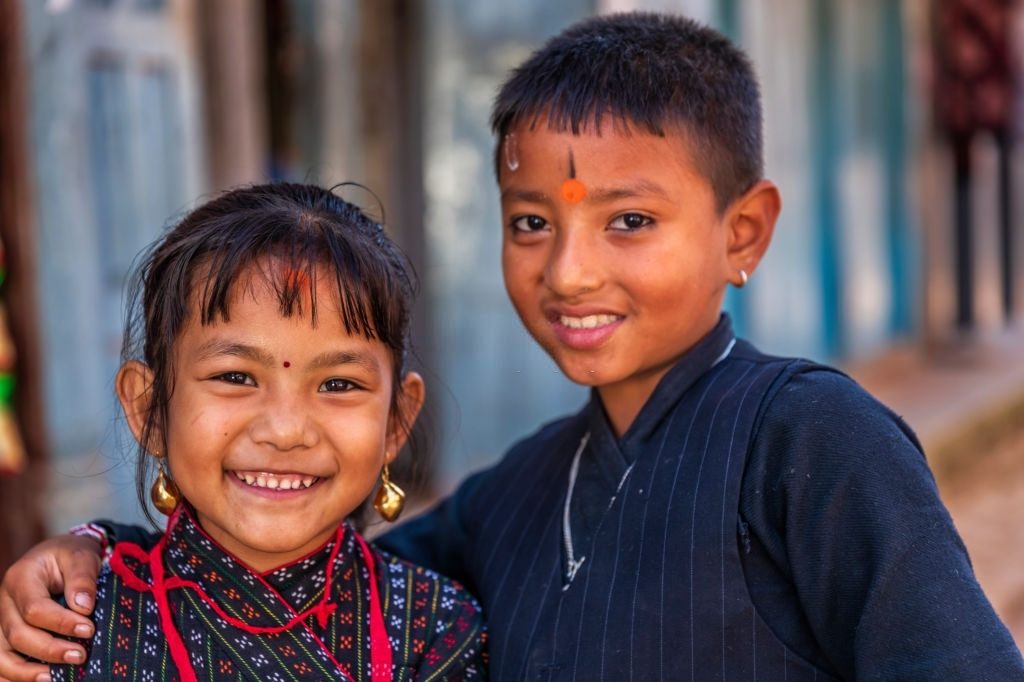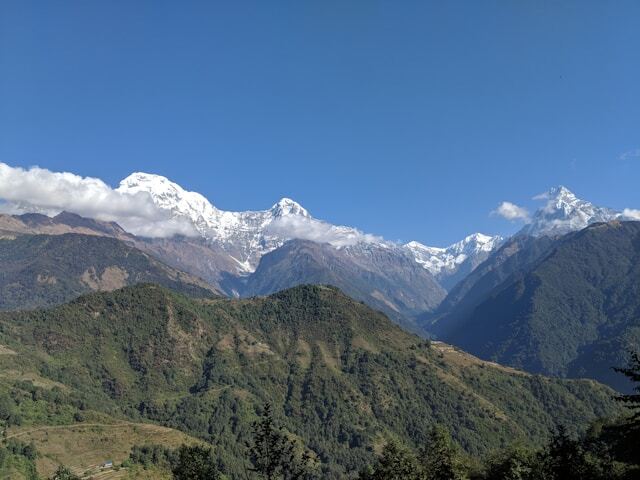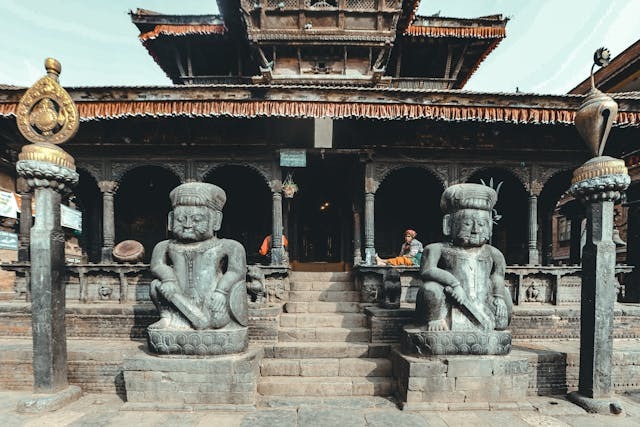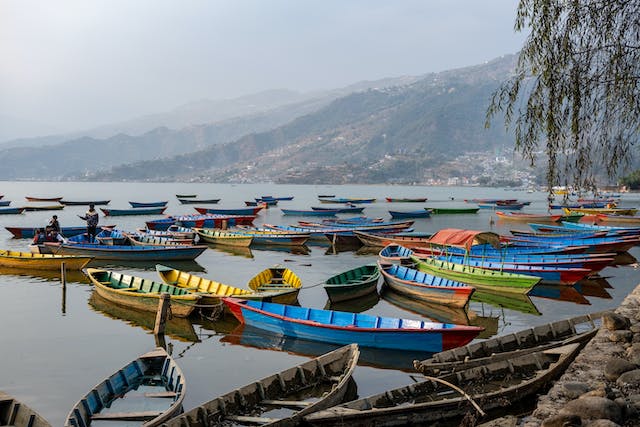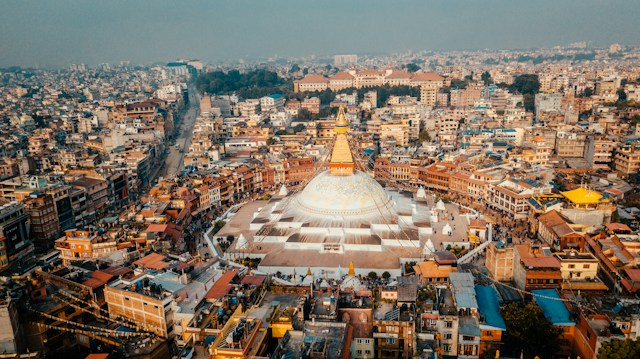Nepal has more than 23 million inhabitants, consisting of more than 40 different races and tribes. The country offers this diversity to the visitor from the Stone Age to high and far west hills to Kathmandu's jet age. Tibet's Burman or Mongolians from the North and Indo-Aryans from the South are the two main groups in Nepalese society. Many customs come from both sides and have been developed through the influences of the land, climate, and resources available. The largest groups can be divided by altitude according to geographic locations.
In High Himalayas:
1) Sherpas:
In Tibetan, Sherpa literally means people from the east. The Tibetan language, culture, and the Tibetan religion were originally established about 500 years ago. Sherpas have become famous for trekking and mountaineering and their main professions include agriculture, livestock hiking, and business. Today it is known throughout the world for its skills and strength. As their main religion, they follow Buddhism.
2) People of Dolpa:
These people are considered the highest settlement of any ethnic group living in the world. These people live beyond the mountains, west of the river valley of Kali Gandaki. They practice Buddhist habits.
3) Larke and Siar:
Larke is the northern majority of the Gorkha District of Nepal, while Siar is the Dhading District in the northern part. Their language is mainly Tibetan and Gurung, and they are ethnically related to Gurungs.
4) Manang Bas:
Manang's people are known as Manang Bas. Trade and business are their main occupations. With 12 villages called Bara Gaule-Baragaun, they have their own language and scripts and maintain a religious practice. In their area is located the famous pilgrimage spot on the Muktinath circuit of Annapurna. Although Buddhism is part of religion, it is Bon-Po that dates back to Buddha's reign.
5) Lo Pas of Mustang:
Lopas is the colonist of Lo. In the upper and lower Mustang areas, they trade between Nepal and Tibet. Their main religion is Buddhism. They have a language of their own and festivals other than the typical Buddhists.
6) Olanchung people:
The people are the inhabitants of the main trade route in eastern Nepal, OlanchungGola. They have customs and practices in addition to Buddhism.
In Hilly areas
1) Brahmin and Chhetri:
Two large groups are divided into the two highest castes in Nepal in dispersed patterns throughout the country. The Indo-Aryan features are sharp and olive. It is supposed that the Brahmins migrated from India, while the Chhetris are the Khasah people of Khazi today. They follow Hinduism as their main religion and have many sects in society. The Purba and Umai rivers are divided into two major rivers. The Kumain people come from Uttar Pradesh, northern Kumo. They depend on Hindu religious epics in their social practice. You talk Nepali, Nepal's national language, and you use the Sanskrit script.
2) Kirats:
Mainly the people of Kirati are Rai and Limbu. Rai means headman, literally or Limbu. They are the descendants of the Kirati, who in Kathmandu Valley first established the kingdom. Mainly in eastern Nepal, they now live. The Kirati people are well known for their bravery and courage. The more famous Gurkhas are recruited abroad into armies. The Mundhum is Limbu's religious text.
3) Newars:
Newar is mainly located in the Kathmandu valley and in major commercial centers all over the kingdom. They are Mongolish in character, and they have their own language and script, Newari. Their main religions are Hinduism and Buddhism. It has many castes and complex social systems and practices. Their main occupations are trade and farming.
4) Tamang:
Tamang means horse traders in the Tibetan language. Originally from Tibet, it is believed. In the mountains around the valley of Kathmandu, the majority of Tamangs live. They are based on Buddhism and their social practices and customs have Tamange as a language. They mainly work as farmers, workers, and porters.
5) Magars:
Their roots are found essentially in western Nepal's hill regions. Their religion is Buddhism. Magar Kura, their language, is a symbol of Tibetan-Burmese culture and language. Their main occupations are agriculture, military service, weaving, hunting, and fishing.
6) Gurungs:
They are renowned in the service of military forces for their innocence, simplicity, and bravery. Most of them are on the high slopes in the Annapurna area and on the Kali Gandaki River above the district of Baglung. They are rice, cereal, and sheep farmers. They are ethnically related in eastern Nepal to Magars, Thakalis, and Kiratis. The people of Gurung love music and their own language.
7) Thakali:
Thakali was created by ThokKhola, a valley in Muktinath, in central Nepal. It has Mongolian characteristics, fair teint, and narrow eyes. Thakalis is divided by Gauchan, Tulachan, Sherchan and Bhattacan. They have a mixture of Buddhism, Hinduism, and Jhankrism, their religion. Their hospitality, their good sales, and their cleanliness are known.
In Terai Region
1)Brahmin and Rajputs
These people are similar to the middle hills of Bramin and Chhetris. Their biggest difference is that the neighboring North Indians have a high influence.
2) Tharus:
It is the largest and oldest Terai ethnic group in the vicinity of densely forested areas. They are dark in teeth and they are intelligent and clever. Their practices are dependent on the Hindu religion and on many typical Aryan practices. Their main occupations are agriculture and business. The physical and cultural similarities of Danwars, Majlis, and Darais, are to Tharus. Nonetheless, they speak their own Sanskrit languages.
3) Rajbanshi:
It is a dominant ethnic group in Jhapa and Morang far-eastern Terai regions. Although they are Hindu and Muslim, they have local practices in their own right. Their main occupation is agriculture.
